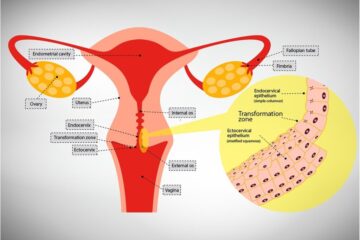
WEDNESDAY, April 13, 2016 — A surgeon’s skill level does not seem to have a big impact on long-term outcomes for weight-loss surgery patients, a new study suggests.
However, one weight-loss surgeon disagreed with the study’s conclusion.
Prior research had found an association between surgical skill level and short-term outcomes after a type of weight-loss surgery called laparoscopic gastric bypass. But, the long-term impact was unknown.
The new study was led by Dr. Christopher Scally, of the University of Michigan in Ann Arbor, and included more than 3,600 patients. The patients underwent weight-loss surgery performed by one of 20 different surgeons.
Each surgeon’s individual skill level was assessed by experts who viewed videos of the surgeons as they performed weight-loss operations. Surgeons ranked in both the highest and lowest levels had been practicing an average of 11 years.
One year after surgery, there were no differences in weight loss between patients whose procedure was performed by the top- or the lowest-ranked surgeons, the study found.
Also, there were no differences in patients’ improvements in other health issues such as sleep apnea, high blood pressure or high blood fat levels.
In fact, patients of the lowest-ranked surgeons actually had higher rates of improvement in diabetes than those of the highest-ranked surgeons, at 79 percent versus 73 percent, the study found.
“Although surgical skill may influence short-term complication rates and patient satisfaction ratings, these findings suggest that long-term outcomes after bariatric surgery may be more dependent on other factors not yet measured among patients, hospitals or surgeons,” Scally and colleagues wrote.
However, one surgeon working in the field took issue with the study findings.
“I would argue that one year is not ‘long-term,’ and the quality of the procedure may become more apparent with time,” said Dr. Mitchell Roslin, chief of obesity surgery at Lenox Hill Hospital in New York City. “One year is still in the honeymoon period, and behavioral adjustments [by patients] and hormonal impact is the highest then.”
Roslin also noted that this study only looked at one type of weight-loss surgery, and “these results should not be extrapolated to other procedures.
“I still believe who does your procedure still matters,” Roslin said. “It is easier to see the impact earlier, as that is when most complications happen. But with more thorough studies and higher number of patients, I think a difference will also be seen long-term.”
[Source:- UPI]



